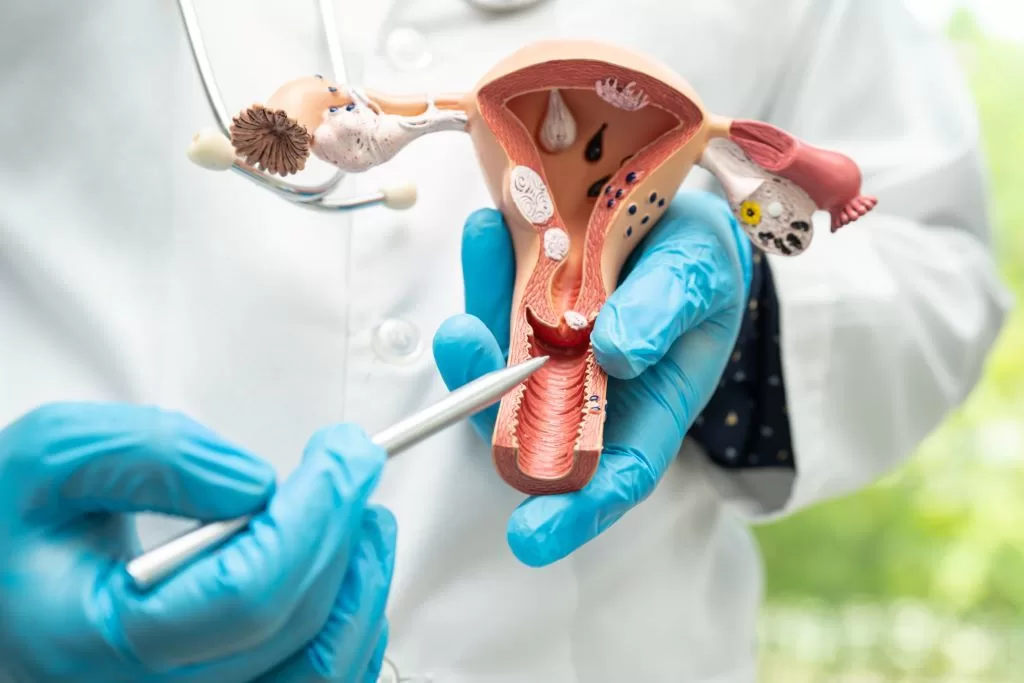THE IMPORTANCE OF REGULAR PAP SMEARS | AFFINITY HEALTH
Affinity Health, a leading provider of high-quality health coverage, explores why regular Pap smears are important, what to expect during the procedure, and how they fit into the broader picture of cervical health.

“According to the National Department of Health, cervical cancer is the second most common cancer among women in South Africa after breast cancer,” says Murray Hewlett, CEO of Affinity Health.
“As we observe Cervical Cancer Awareness Month, it’s important to highlight one of the best tools we have to fight this disease: the Pap smear. This quick and easy screening can make a huge difference in catching cervical cancer early.”
Understanding Cervical Cancer
Cervical cancer is a form of cancer that arises in cervix cells, which are located in the bottom region of the uterus and link to the vagina. It is mainly caused by chronic infection with specific forms of human papillomavirus (HPV), a common sexually transmitted illness.
The good news is that cervical cancer is one of the most preventable and curable cancers, thanks in large part to regular Pap screens and HPV tests.
What is a Pap Smear?
A Pap smear, or Pap test, is a screening procedure named after Dr. Georgios Papanikolaou, who developed the technique in the 1940s. During a Pap smear, a healthcare provider uses a unique tool to scrape a small sample of cells from the cervix gently. These cells are then examined under a microscope for signs of precancerous or cancerous changes.
Regular Pap screenings also enable healthcare workers to track changes in cervical cells over time. This can be crucial in distinguishing between temporary abnormalities and more serious, persistent changes that may require further investigation or treatment.
What to Expect During a Pap Smear
Many women feel anxious about getting a Pap smear, often due to uncertainty about the procedure.
Here’s what you can typically expect:
The procedure is usually quick, lasting only a few minutes.
You’ll be asked to lie on an exam table with your legs bent and knees apart.
The healthcare provider will insert a speculum into the vagina to gently open it and visualise the cervix.
They’ll collect a sample of cells from the cervix using a small brush or spatula.
The sample is then sent to a laboratory for analysis.
While the procedure can be uncomfortable, it shouldn’t be painful. If you experience pain, let your healthcare provider know immediately.
How Often Should You Get a Pap Smear?
The frequency of pap smears varies according to age, medical history, and prior test findings.
However, general guidelines from the South African Journal of Gynaecological Oncology suggest:
The first Pap smear should be taken at age 21 years or within three years of onset of sexual activity. Thereafter smears should be taken annually until age 30 after which smears should be taken every three years, concluding the screening at age 65–70 years for those women who have had persistent normal smears. However, in a resource-poor country like South Africa, it may not be possible to adhere to these guidelines. Therefore, the guidelines generally employed in all state institutions recommend that:
The first Pap smear should be at age 25 for all sexually active women. Should this Pap smear be negative, then the follow up Pap smear is done five years later. A clear result at 5 years means repeats every 10 years
A positive Pap smear, grade LSIL, is followed by a repeat Pap smear a year later; guidelines thereafter depend on results which should be explained to the patient
Women in their teenage years are not advised to undertake any Pap smears as their bodies are constantly changing. However, those in the sex industry should be tested as soon as possible and treated as adults due to their increased exposure to HPV.
Remember, these are general guidelines. Your healthcare provider may recommend a different schedule based on your risk factors and medical history.
Conclusion
Regular Pap smears are a powerful tool in the fight against cervical cancer. By detecting abnormal changes early, they’ve saved countless lives and will continue to do so. Remember, your health is in your hands. A few minutes of discomfort during a Pap smear could save your life. Don’t put it off – schedule your screening today and encourage the women in your life to do the same.
About Affinity Health
Affinity Health is South Africa’s leading health coverage provider, offering you a range of options at affordable rates, including access to the widest national provider network. We understand the importance of having medical insurance that meets your needs, budget, and lifestyle. Our healthcare products are designed to protect you and your family when it matters the most. We strive to give our clients peace of mind and the highest standard of service. For more information, follow us on Facebook, Twitter, and Instagram.


























